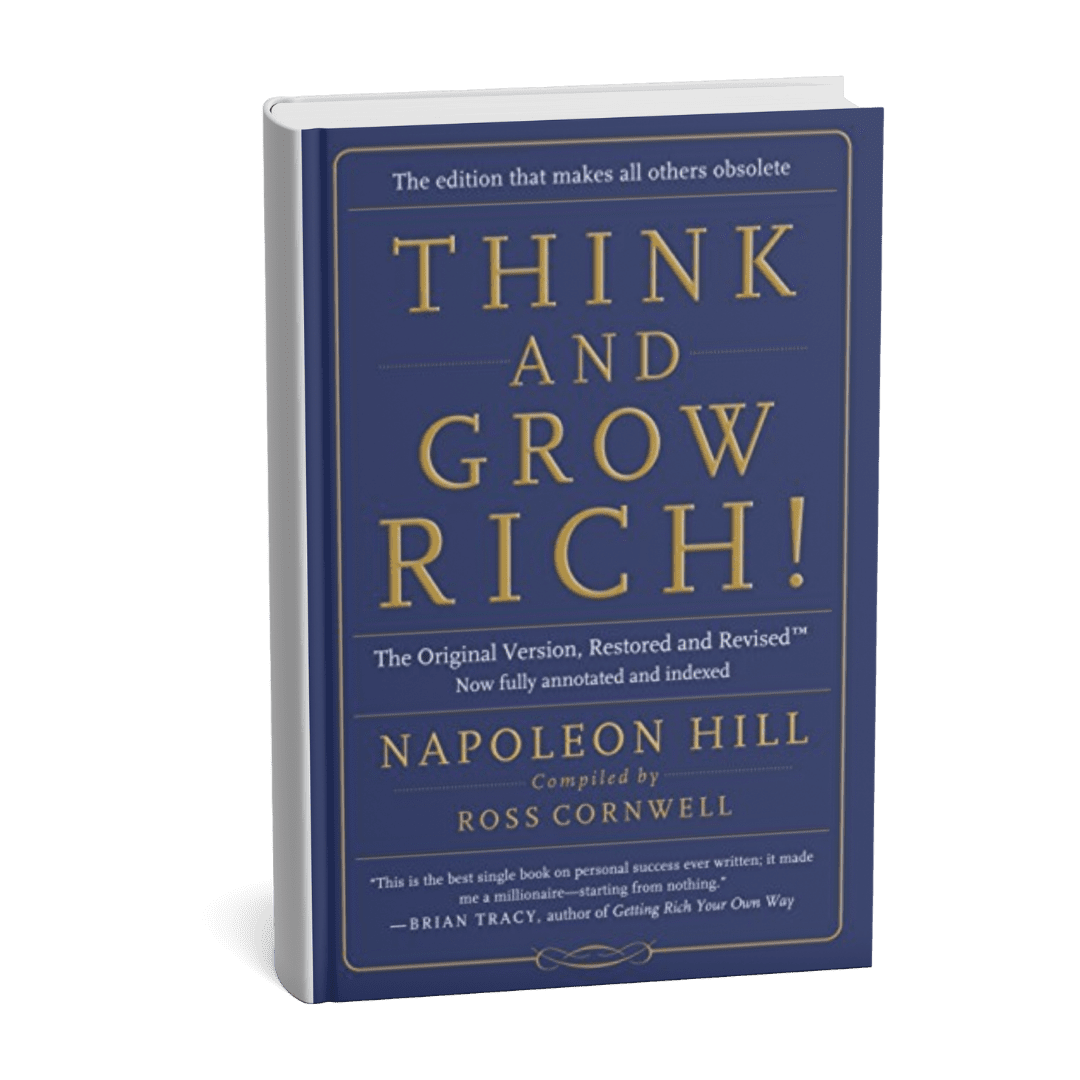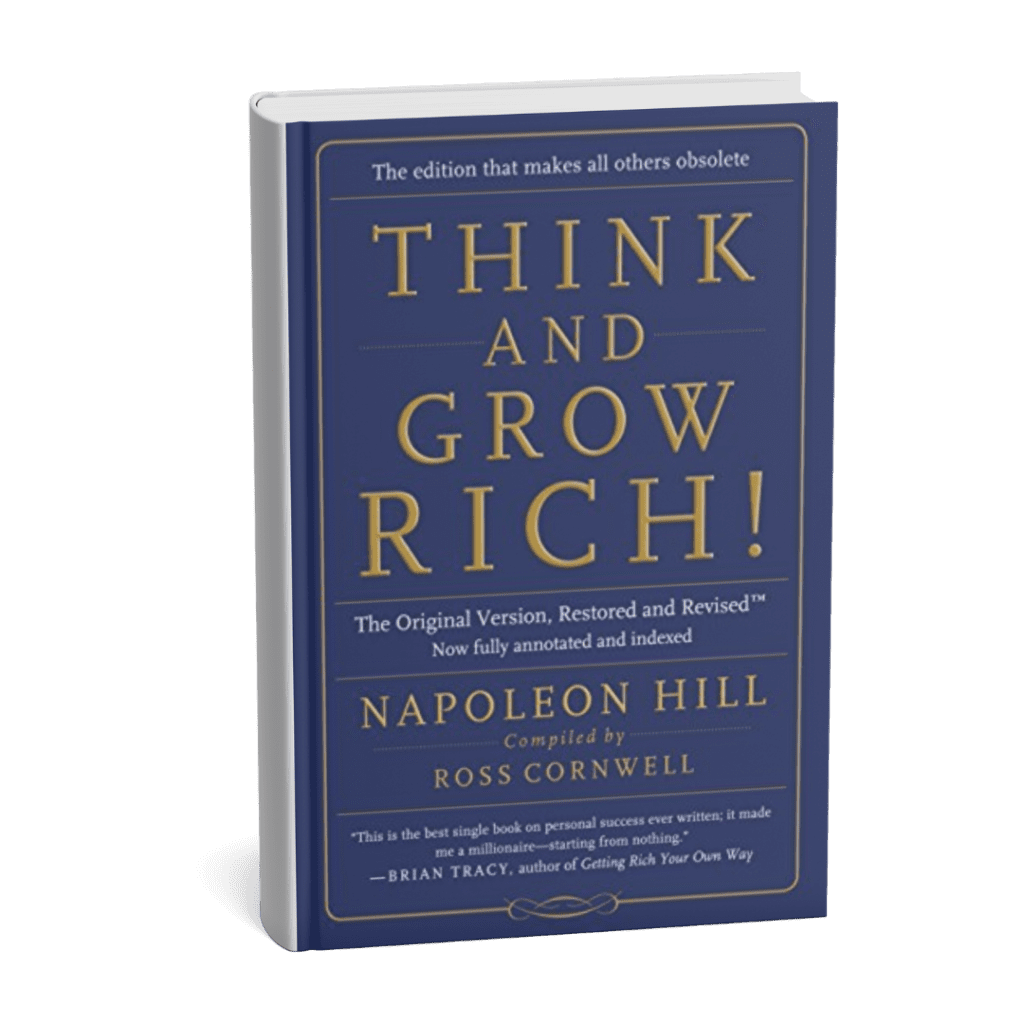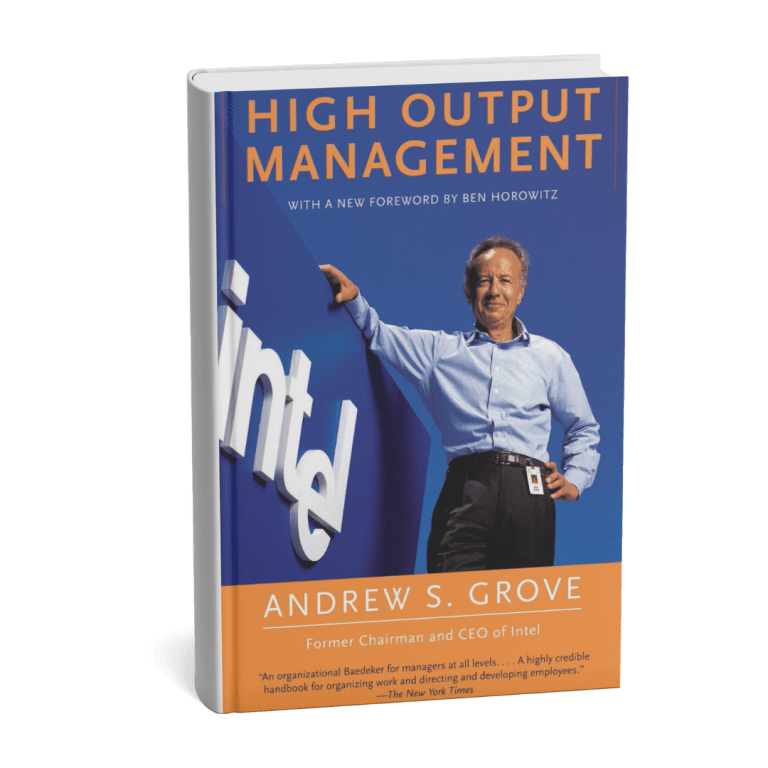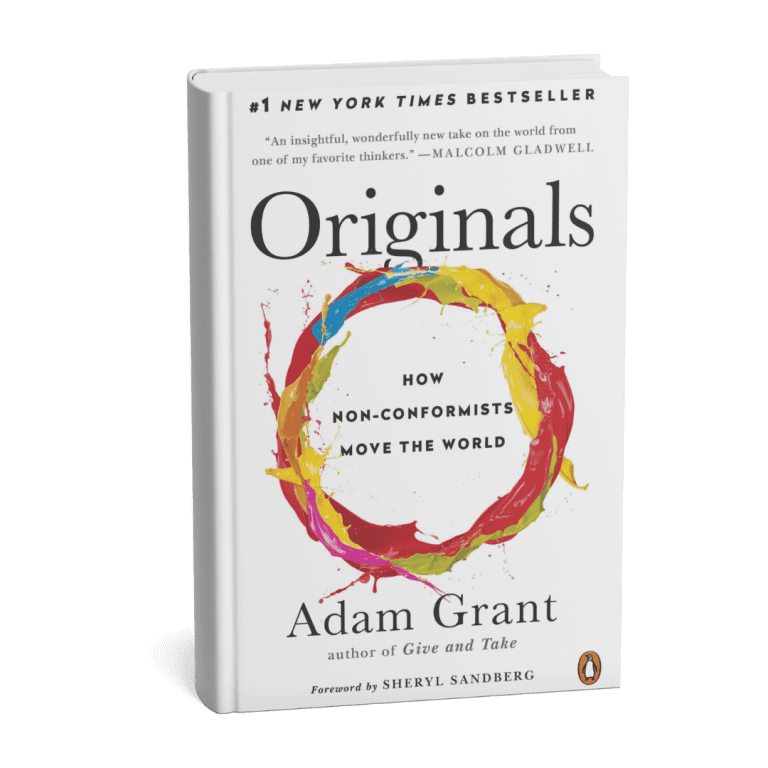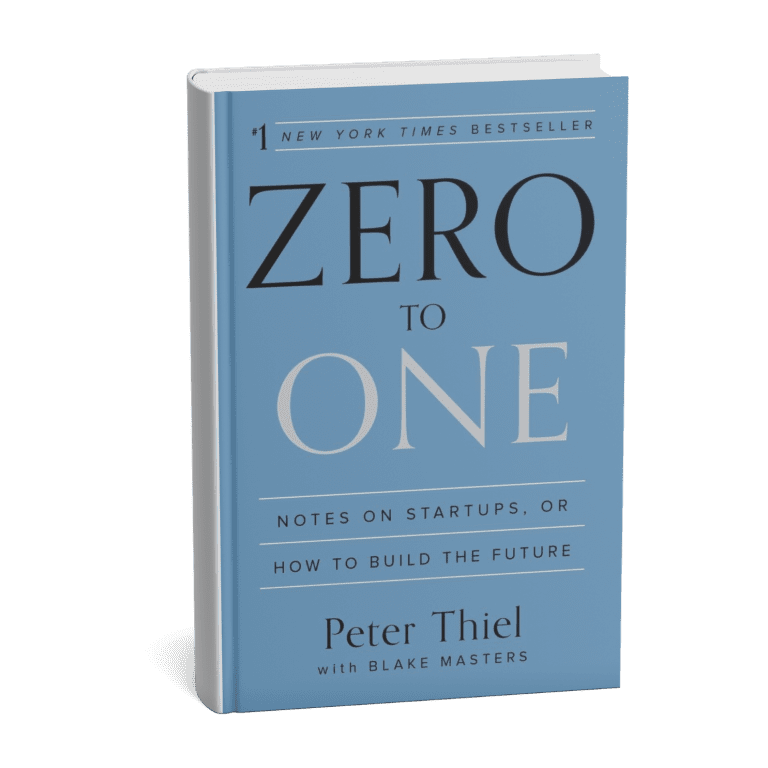Think and Grow Rich by Napoleon Hill is a cornerstone in personal development literature. Despite its publication during the Great Depression, the book remains one of the most widely read guides on success and wealth. Hill interviewed more than 500 of the most successful people of his era, including Henry Ford, Thomas Edison, and Andrew Carnegie, to uncover the common traits and practices that led to their achievements. What he distilled was a philosophy of success that goes beyond money, focusing on mindset, clarity of purpose, and unwavering persistence.
At the heart of Hill’s framework is the idea that “thoughts are things.” The way one thinks determines what one attracts. He outlines 13 principles, starting with desire, the starting point of all achievement. Desire, in this context, must be definite, burning, and backed by belief. Without belief, desire lacks power. This is where Hill introduces the concept of autosuggestion: the practice of affirming one’s goals daily to imprint them into the subconscious mind.
Faith, in Hill’s system, is not just spiritual but strategic. It is the ability to see the unseen and act as though success is inevitable. Combined with specialized knowledge and imagination, it forms the foundation for decision-making and persistence. Hill emphasizes the value of decision and warns against procrastination, which he identifies as a universal weakness among unsuccessful people.
Organized planning, the sixth principle, shifts ideas into action. Hill encourages readers to form Mastermind groups—alliances of individuals who support each other with ideas, accountability, and feedback. The power of the Mastermind lies in the synergy of collective intelligence, which multiplies individual potential.
One of the most critical insights is the role of the subconscious and the importance of emotional control. Fear, doubt, and negativity are the enemies of success. Hill identifies six basic fears (poverty, criticism, ill health, loss of love, old age, and death) and offers mental tools to neutralize them.
Sexual energy, often misused or misunderstood, is reframed by Hill as a potent source of creative and motivational force when properly transmuted. This is part of his broader message: success comes from mastering and redirecting inner forces toward a clear, definite aim.
Ultimately, Hill presents a blueprint where success is not accidental. It’s a disciplined, intentional result of mental conditioning, emotional mastery, strategic planning, and consistent effort over time.

